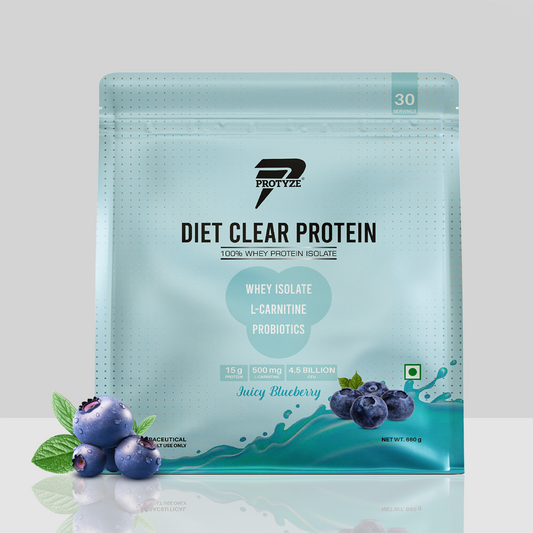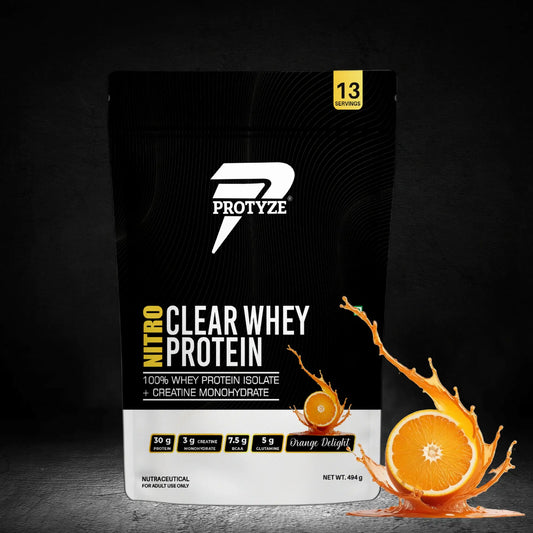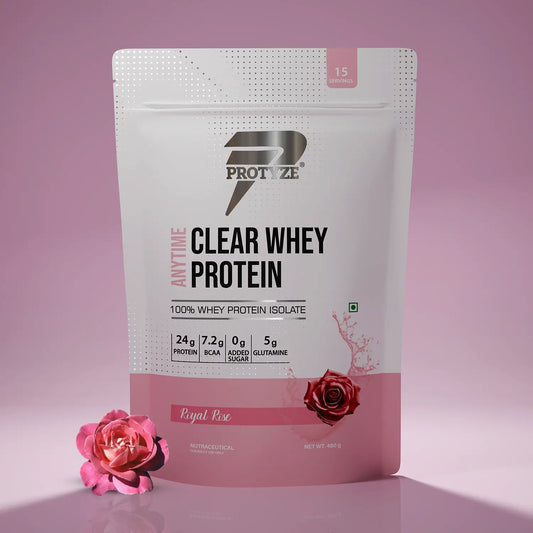Gaining weight in a healthy and sustainable way can be challenging, especially for individuals with fast metabolisms or those recovering from illness. While high-calorie processed foods may seem like an easy solution, incorporating nutrient-dense fruits into your diet offers a delicious and natural approach to weight gain. Fruits provide essential vitamins, minerals, fiber, and healthy carbohydrates that support overall health while adding calories to help you achieve a calorie surplus. This article explores the 10 best fruits for gaining weight naturally, their nutritional benefits, and practical ways to incorporate them into your diet for maximum results.
Why Fruits for Weight Gain?
Fruits are often associated with weight loss due to their low-calorie density, but certain fruits are calorie-rich, packed with natural sugars, healthy fats, and complex carbohydrates. These fruits are ideal for weight gain because they:
- Provide Caloric Density: High-calorie fruits help create a calorie surplus, essential for weight gain.
- Offer Nutrient Density: Rich in vitamins, minerals, and antioxidants, they support overall health.
- Enhance Appetite: Their natural sweetness makes meals enjoyable, encouraging consistent eating.
- Support Digestion: Fiber aids digestion, preventing discomfort from increased food intake.
Below are the 10 best fruits for gaining weight naturally, along with their nutritional profiles and tips for incorporating them into your diet.
1. Bananas
Nutritional Profile: A medium banana (about 120–150g) provides approximately 90–120 calories, 23–30g carbohydrates, 1.1g protein, 0.3g fat, and 2–3g fiber. Bananas are rich in potassium, vitamin B6, and vitamin C.
Why It’s Great for Weight Gain: Bananas are calorie-dense due to their high carbohydrate content, primarily natural sugars (fructose and glucose) and complex carbs (starch in less ripe bananas). They’re easy to digest and provide quick energy, making them ideal for pre- or post-workout snacks.
How to Incorporate:
- Blend 2–3 bananas into a smoothie with whole milk, peanut butter, and oats (500–700 calories).
- Slice bananas over oatmeal or yogurt with nuts and honey.
- Eat 2–3 bananas as a quick snack between meals.
Tip: Choose ripe bananas for higher sugar content and easier digestion, or slightly green ones for more resistant starch to support gut health.
2. Avocados
Nutritional Profile: One medium avocado (about 200g) contains 230–250 calories, 12g carbohydrates, 3g protein, 21g fat (mostly monounsaturated), and 9g fiber. Avocados are rich in vitamin E, potassium, and folate.
Why It’s Great for Weight Gain: Avocados are one of the few fruits high in healthy fats, making them exceptionally calorie-dense. Their creamy texture pairs well with various dishes, adding calories without feeling heavy.
How to Incorporate:
- Spread avocado on whole-grain toast with eggs and cheese for a 400–500 calorie breakfast.
- Add half an avocado to salads, tacos, or sandwiches.
- Blend into a high-calorie smoothie with banana, coconut milk, and protein powder.
Tip: Pair avocados with protein-rich foods to support muscle gain during weight gain efforts.
3. Mangoes
Nutritional Profile: One medium mango (about 200g) provides 130–150 calories, 35g carbohydrates, 1.5g protein, 0.5g fat, and 3g fiber. Mangoes are high in vitamins A, C, and B-complex.
Why It’s Great for Weight Gain: Mangoes are sweet and calorie-dense due to their natural sugars. Their vibrant flavor makes them a versatile addition to high-calorie meals and snacks.
How to Incorporate:
- Blend mangoes with Greek yogurt, honey, and almonds for a 400–600 calorie smoothie.
- Dice mangoes into rice bowls or quinoa salads with nuts and seeds.
- Eat 1–2 mangoes with a handful of walnuts as a snack.
Tip: Opt for ripe mangoes for maximum sweetness and calorie content. Frozen mango chunks are convenient for smoothies.
4. Dates
Nutritional Profile: One Medjool date (about 24g) contains 66 calories, 18g carbohydrates, 0.4g protein, 0.1g fat, and 1.6g fiber. Dates are rich in potassium, magnesium, and antioxidants.
Why It’s Great for Weight Gain: Dates are among the most calorie-dense fruits, making them an excellent choice for adding calories quickly. Their natural sweetness satisfies cravings, reducing reliance on processed sugars.
How to Incorporate:
- Stuff 4–5 dates with almond butter or cream cheese for a 300–400 calorie snack.
- Blend dates into a smoothie with whole milk, banana, and oats.
- Add chopped dates to oatmeal, granola, or energy bars.
Tip: Soak dates in warm water before blending if they’re too firm, and consume 5–10 daily for significant calorie boosts.
5. Coconut (Flesh)
Nutritional Profile: One cup of raw coconut flesh (about 80g) provides 283 calories, 12g carbohydrates, 3g protein, 27g fat (mostly saturated), and 7g fiber. Coconut is rich in manganese and medium-chain triglycerides (MCTs).
Why It’s Great for Weight Gain: Coconut flesh is exceptionally high in healthy fats, making it one of the most calorie-dense fruits. MCTs provide quick energy, supporting active lifestyles.
How to Incorporate:
- Add shredded coconut to smoothies, oatmeal, or yogurt.
- Use coconut flesh in curries or rice dishes for added calories.
- Snack on coconut chunks with nuts for a 400–500 calorie treat.
Tip: Choose fresh or unsweetened dried coconut to avoid added sugars in processed versions.
6. Dried Figs
Nutritional Profile: Five dried figs (about 40g) provide 100–120 calories, 26g carbohydrates, 1g protein, 0.4g fat, and 5g fiber. Figs are rich in calcium, potassium, and antioxidants.
Why It’s Great for Weight Gain: Drying concentrates the sugars and calories in figs, making them a portable, high-calorie option. Their fiber content supports digestion during increased food intake.
How to Incorporate:
- Eat 5–10 dried figs with cheese or nuts for a 300–400 calorie snack.
- Add chopped figs to oatmeal, salads, or baked goods.
- Blend into a smoothie with banana and peanut butter.
Tip: Soak dried figs in milk overnight for a softer texture and enhanced flavor.
7. Raisins
Nutritional Profile: One-quarter cup of raisins (about 40g) contains 120 calories, 32g carbohydrates, 1g protein, 0.2g fat, and 2g fiber. Raisins are high in iron, potassium, and antioxidants.
Why It’s Great for Weight Gain: Raisins are calorie-dense due to their concentrated sugars, making them an easy way to boost calorie intake. Their small size allows for versatile use in meals and snacks.
How to Incorporate:
- Mix raisins into trail mix with nuts and seeds for a 400–500 calorie snack.
- Add to oatmeal, yogurt, or rice pudding.
- Blend into a smoothie with dates and whole milk.
Tip: Combine raisins with protein sources to balance macronutrients for muscle gain.
8. Cherimoya (Custard Apple)
Nutritional Profile: One medium cherimoya (about 235g) provides 175 calories, 40g carbohydrates, 3.5g protein, 1.5g fat, and 7g fiber. Cherimoya is rich in vitamin C, B6, and potassium.
Why It’s Great for Weight Gain: Cherimoya’s creamy texture and high carbohydrate content make it a calorie-dense, satisfying fruit. Its unique flavor enhances high-calorie recipes.
How to Incorporate:
- Scoop cherimoya flesh and blend into a smoothie with coconut milk and protein powder.
- Mix with Greek yogurt and honey for a dessert-like snack.
- Eat fresh with a sprinkle of nuts for added calories.
Tip: Choose ripe cherimoya (soft to the touch) for the best flavor and texture.
9. Persimmons
Nutritional Profile: One medium persimmon (about 168g) provides 118 calories, 31g carbohydrates, 1g protein, 0.3g fat, and 6g fiber. Persimmons are high in vitamins A, C, and antioxidants.
Why It’s Great for Weight Gain: Persimmons are rich in natural sugars and fiber, providing a moderate calorie boost. Their sweet, honey-like flavor makes them enjoyable in various dishes.
How to Incorporate:
- Slice persimmons into salads with nuts and cheese.
- Blend into smoothies with banana and almond butter.
- Eat fresh or dried as a high-calorie snack.
Tip: Choose Fuyu persimmons for a non-astringent, sweet flavor, ideal for raw consumption.
10. Grapes
Nutritional Profile: One cup of grapes (about 150g) provides 100–110 calories, 27g carbohydrates, 1g protein, 0.2g fat, and 1.4g fiber. Grapes are rich in vitamin K, C, and antioxidants.
Why It’s Great for Weight Gain: Grapes are easy to eat in large quantities due to their small size and sweet flavor, allowing for quick calorie accumulation. They’re also hydrating, supporting digestion.
How to Incorporate:
- Eat 2–3 cups of grapes with cheese or nuts for a 300–400 calorie snack.
- Add to smoothies with banana and yogurt.
- Freeze grapes for a sweet, low-effort treat.
Tip: Red or black grapes tend to be sweeter and slightly higher in calories than green varieties.
Conclusion
Gaining weight naturally and deliciously is achievable with the right fruits and strategic meal planning. Bananas, avocados, mangoes, dates, coconut, dried figs, raisins, cherimoya, persimmons, and grapes offer a perfect blend of calories, nutrients, and flavor to support healthy weight gain. By incorporating these fruits into high-calorie meals and snacks, pairing them with protein and fats, and combining them with resistance training, you can achieve your weight gain goals while enjoying a nutrient-rich diet. Consistency, variety, and mindful eating will ensure you maximize your results while savoring every bite.





